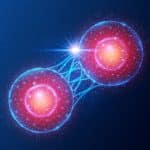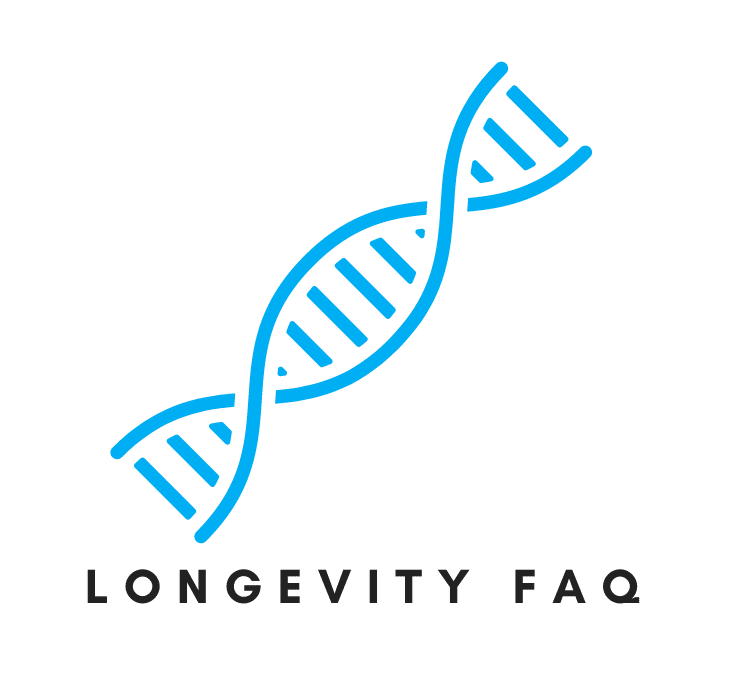
The epigenome is a complex network of chemical compounds that control gene activity. The term “epigenome” comes from Greek, with “epi” meaning “upon” and “genome” referring to the complete set of genes. The epigenome study emerged from the work of scientists like C. David Allis and Thomas Jenuwein in the 1990s. Now, it plays a crucial role in understanding aging and longevity.
Aging involves changes in the epigenome that affect gene expression. These changes can lead to declining cellular function and regeneration as we age. Research shows that preserving the epigenome could slow aging and promote longevity. There have already been some significant advances in epigenetics in which CRISPR technology has been used in mice to return sight to research mice that had their optic nerve damaged. This research holds hope that scientists can develop this technology to be someday used in humans and that the application can apply to more body parts.
This is a great video where Dr. David Sinclair explains ways to keep our epigenome healthy.
Biohackers employ various protocols to protect their epigenomes:
- Caloric restriction or intermittent fasting
- Regular exercise
- Maintaining a balanced diet rich in antioxidants
- Reducing exposure to environmental toxins
- Practicing stress management and mindfulness techniques
Books on the epigenome include:
- “The Epigenetics Revolution” by Nessa Carey: A comprehensive introduction to epigenetics and its implications on human health.
- “The Epigenetic Landscape” by Shirley Tilghman: A guide to understanding the molecular mechanisms that influence gene expression.
The epigenetic clock theory postulates that reversing the aging process could be possible through gene editing technologies like CRISPR. In his book “Lifespan,” Dr. David Sinclair explores the potential of this approach. He suggests activating specific “longevity genes” could delay or even reverse the biological clock, improving overall health and extending lifespan.
« Back to Glossary Index